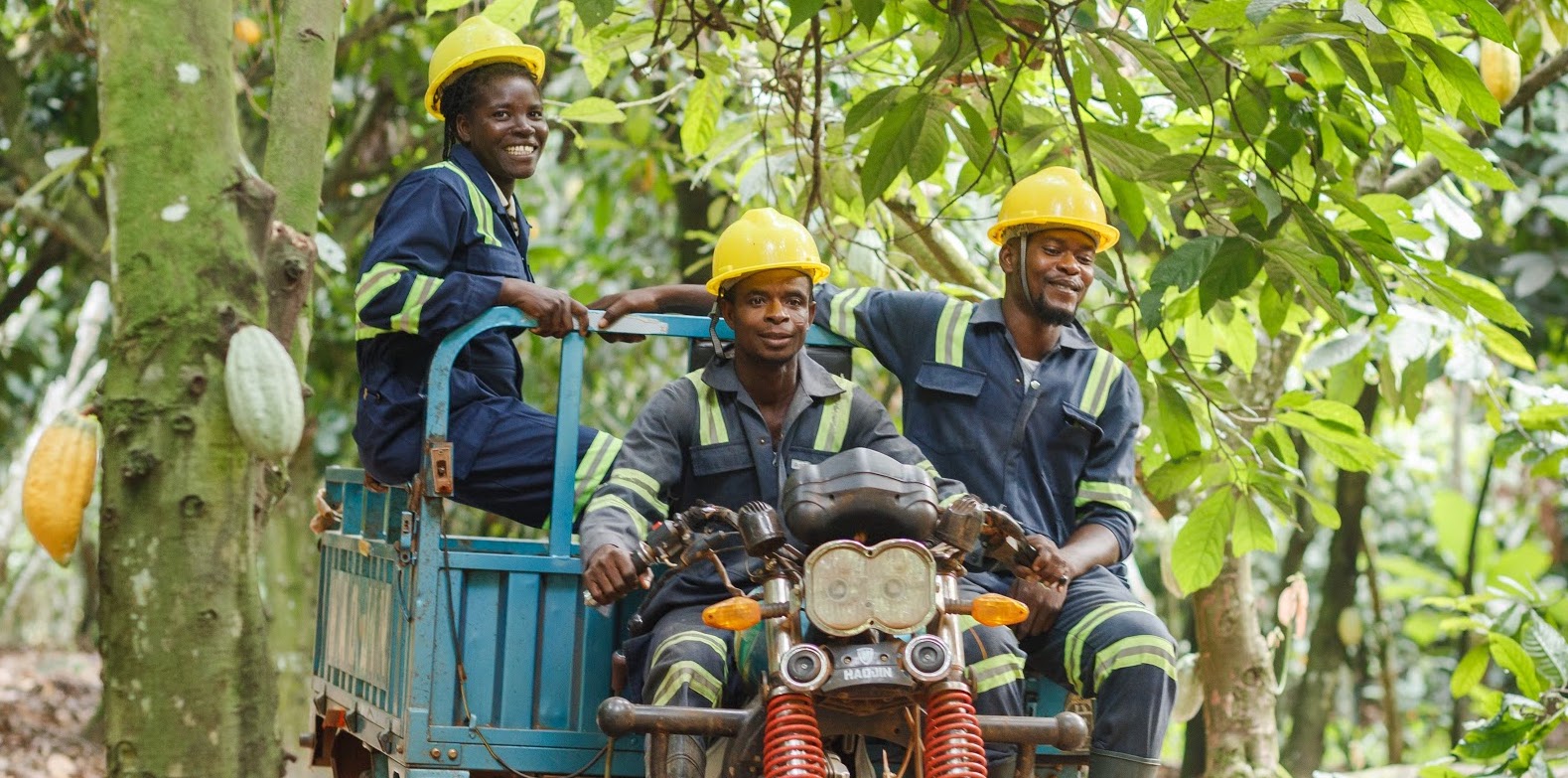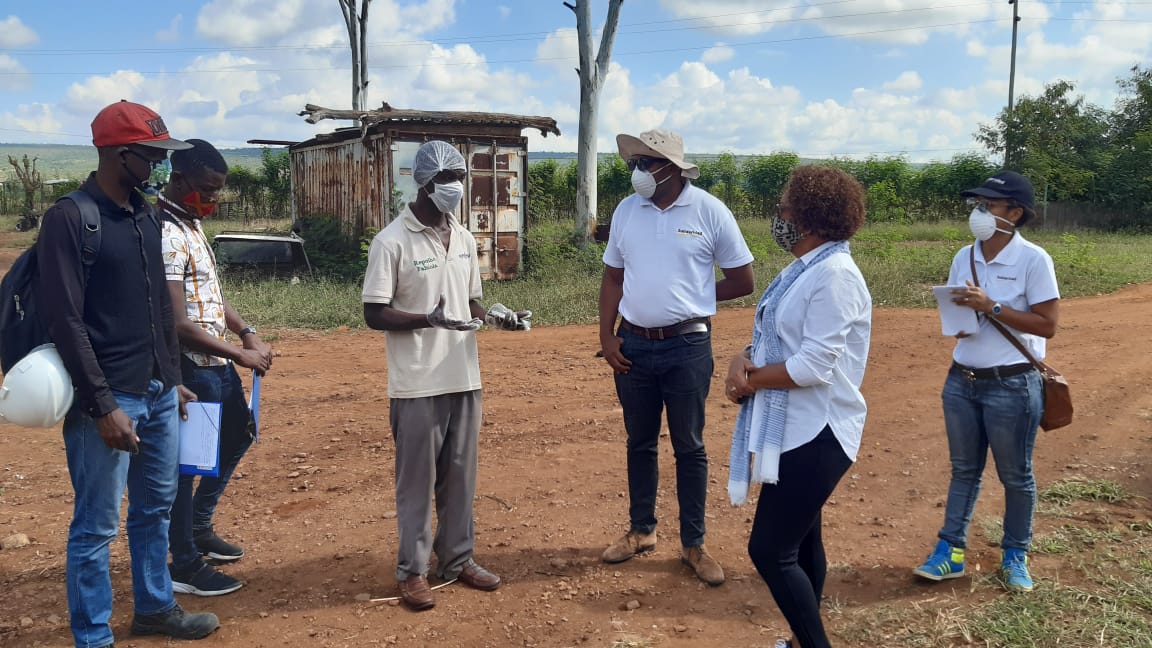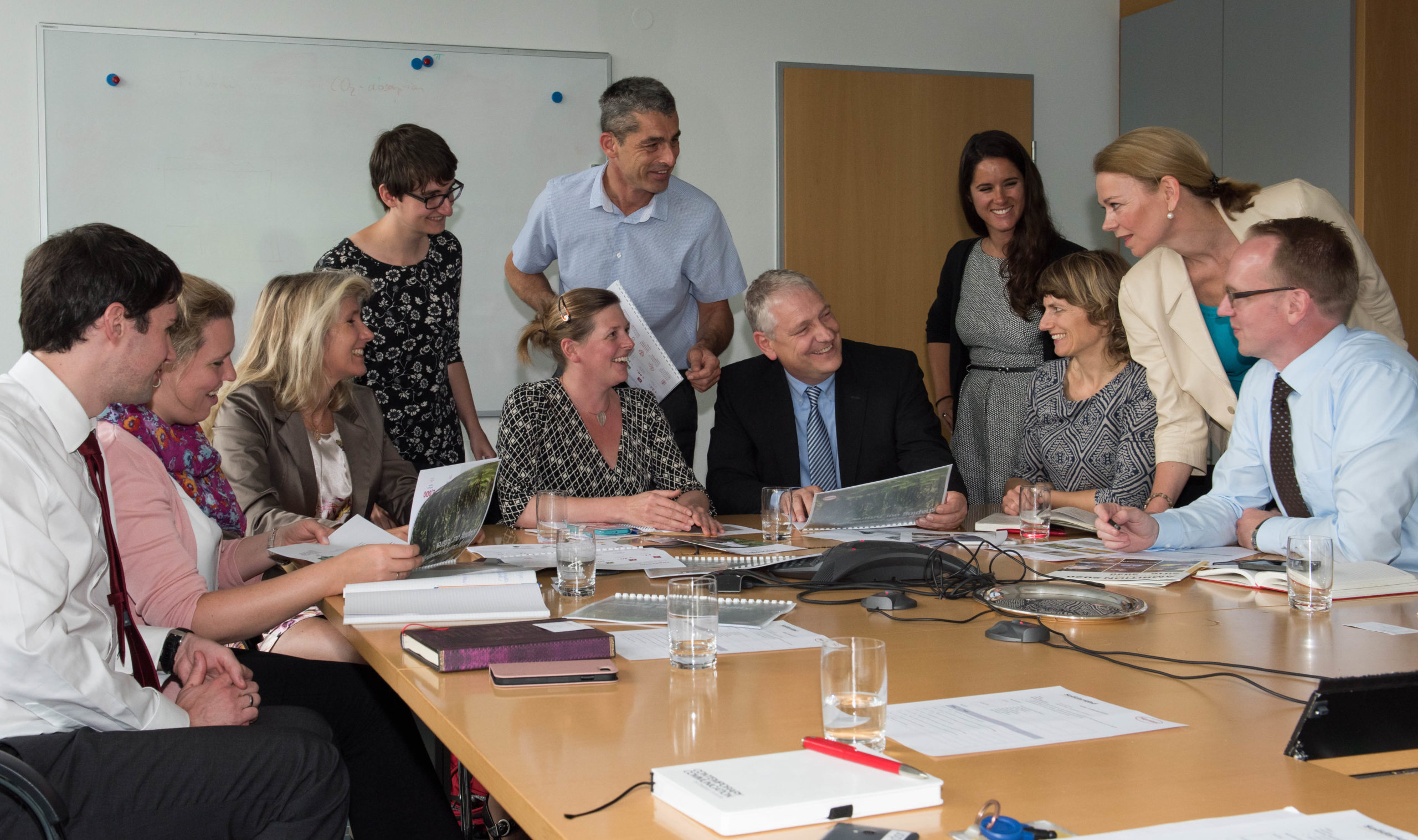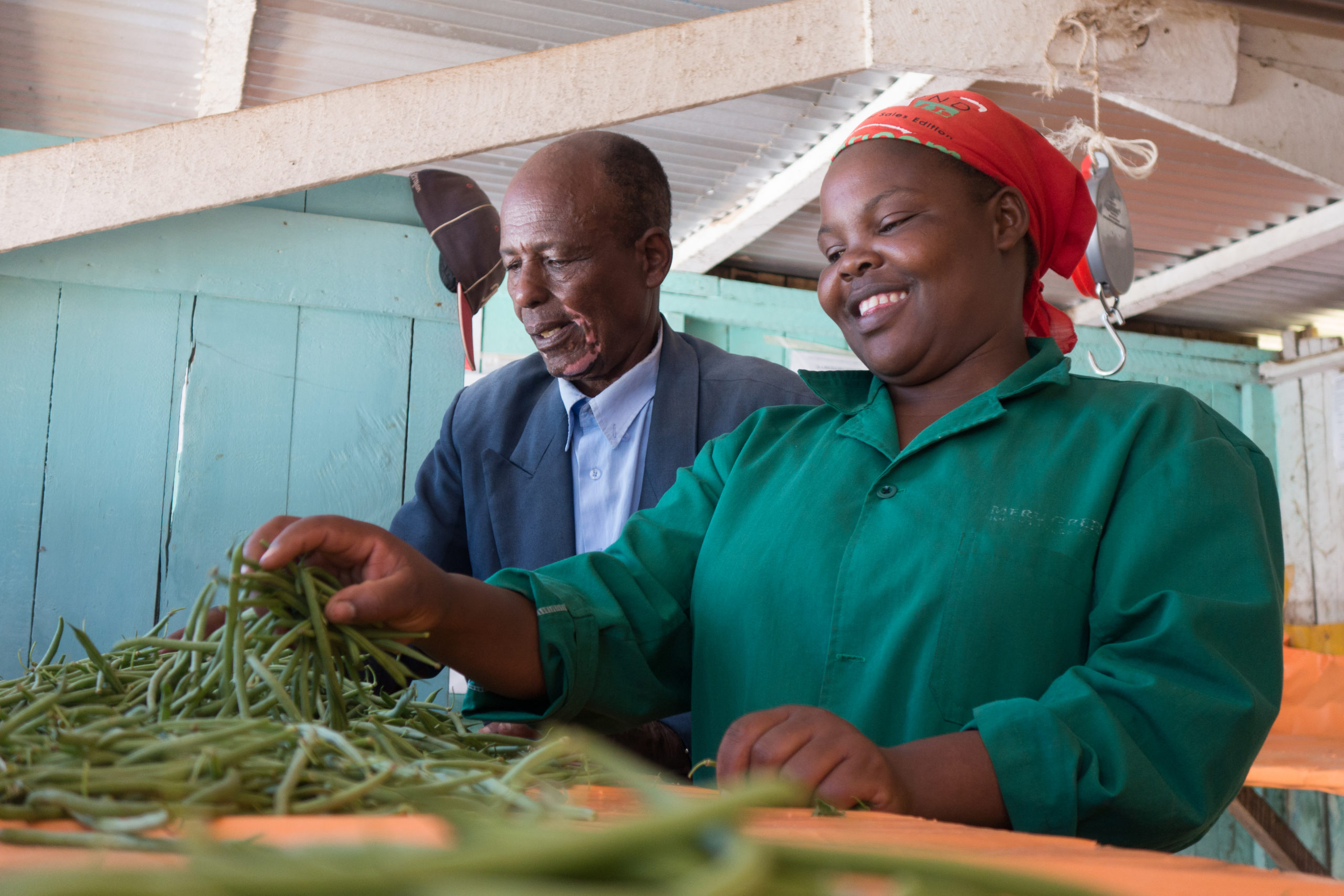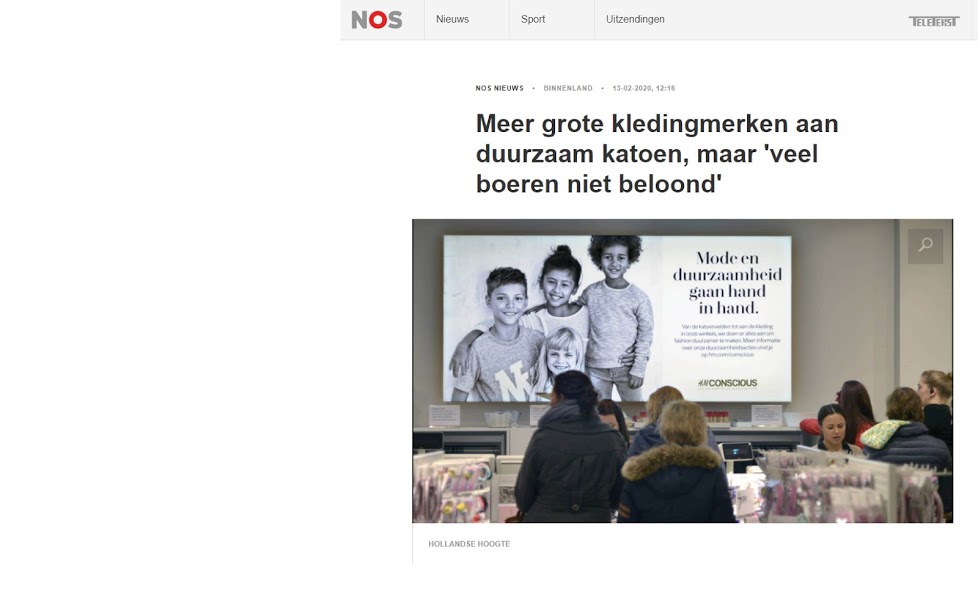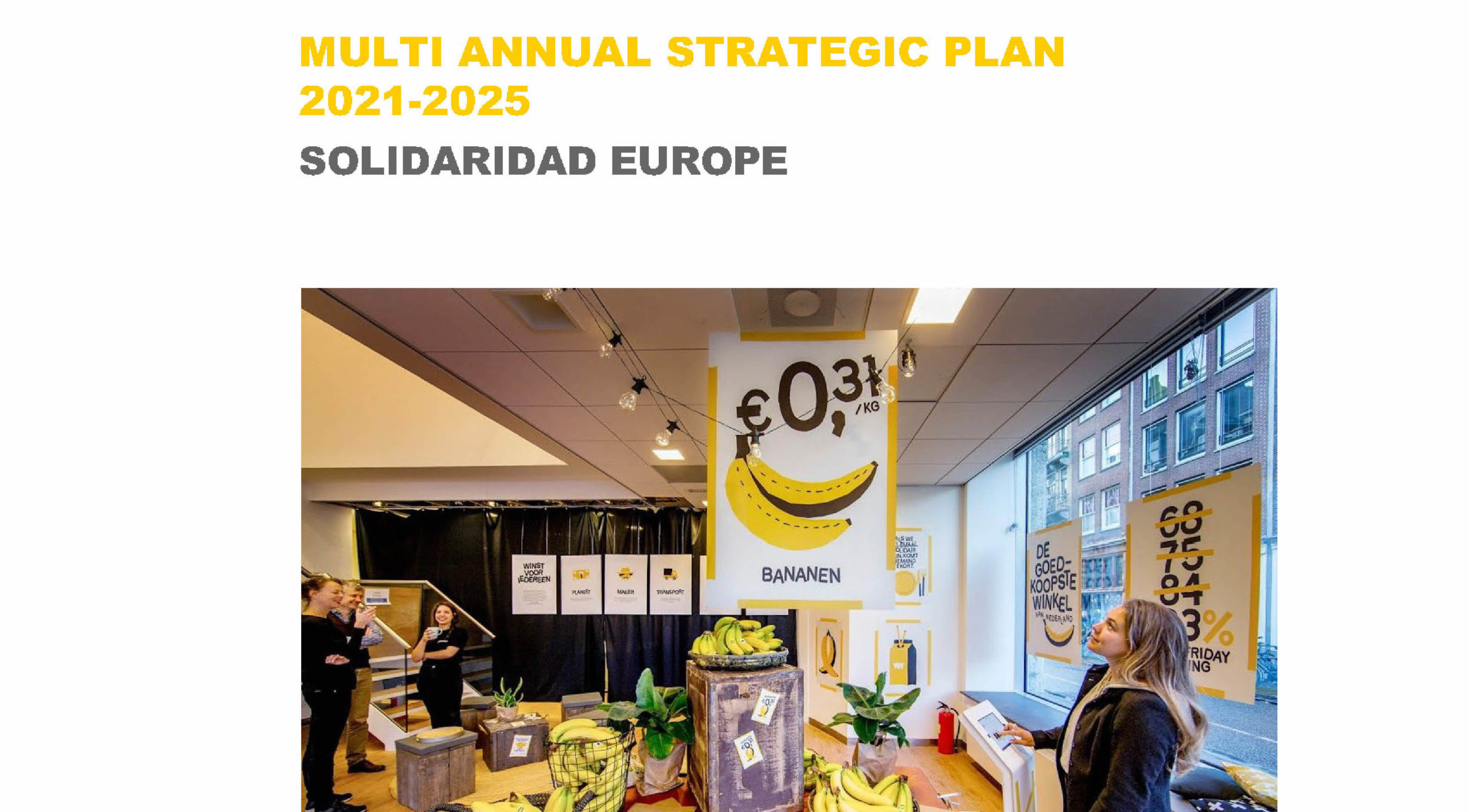Highlights
Results
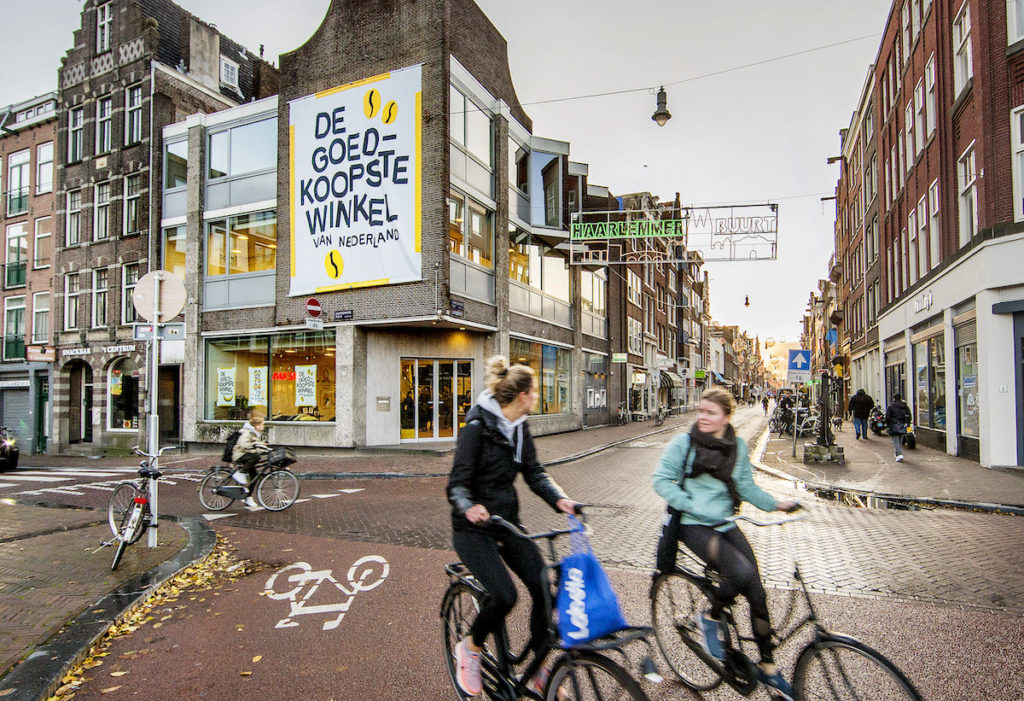
A deep dive
Making waves
2020 brought incredible challenges with the Covid-19 pandemic, but also incredible opportunities. New partnerships, increased funding commitments, and headway in policy influencing paint the way for greater impact in this coming strategic period.
Innovation Areas
Insights
Farmer first
Inclusion, direct funding and climate finance, farmers and workers are centered in our continuous search for new ways to achieve our goals.
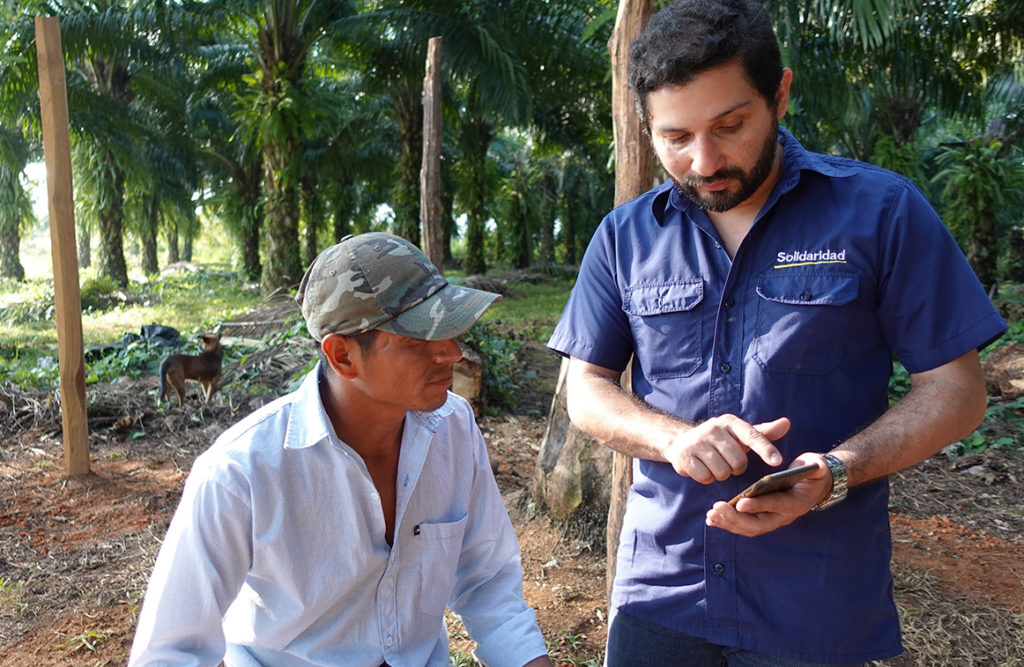
Organization & governance
Covid-19 provided an incentive to accelerate the development of a Work From Home Policy, including financial and ICT support to enable staff to continue working from home and protect their health. Throughout the year we have emphasized continued connectivity among staff and made sure that everyone has stayed tuned with organizational developments. Alleviating stress of staff caused by the pandemic was another focal point.
Despite Covid-19 and the challenges that working from home can bring, the sickness rate of 4.4 percent was only just over the four percent figure set as the maximum. The attrition rate was relatively high at 16.3 percent (compared to the maximum set at 14 percent). Although challenging, recruitment and on-boarding of new staff members have continued in 2020. The organization has grown from 49.5 to 56.4 full time equivalents.
In 2020 we have reviewed our integrity framework and made some improvements based on lessons learnt, especially in responding to a breach and how to conduct an investigation. We have gained better understanding of what steps need to be taken and what kind of research is appropriate in conducting an investigation. You can find the latest versions of the Code of Conduct and the Whistleblower Procedure here. Next to the regional internal and external reporting channels already in place, an external party has been contracted that will provide a global online independent platform for reporting any kind of misconduct related to Solidaridad. One complaint in 2019 was managed well with thorough investigation by an external party and clear communication with key stakeholders in 2020. In 2020 no new reports about inappropriate behavior or breaches of integrity were reported. In 2021 capacity will be strengthened with the appointment of a Global Integrity Coordinator and an Integrity Advisor will be assigned to a multi party alliance. We have started with organizing a Solidaridad Network community of Integrity Advisors contributing to the effectiveness of the Solidaridad integrity framework fostering a positive workplace culture, one where there is open communication, good decision making and a strong moral compass guiding decisions and actions.
Solidaridad Europe compensates for the greenhouse gas emissions caused by the energy use in its offices as well as travel through the cooperation with BanCO2, a Colombian initiative that rewards coffee farmers for environmental services, such as reducing emissions of greenhouse gases and planting trees.
Finance
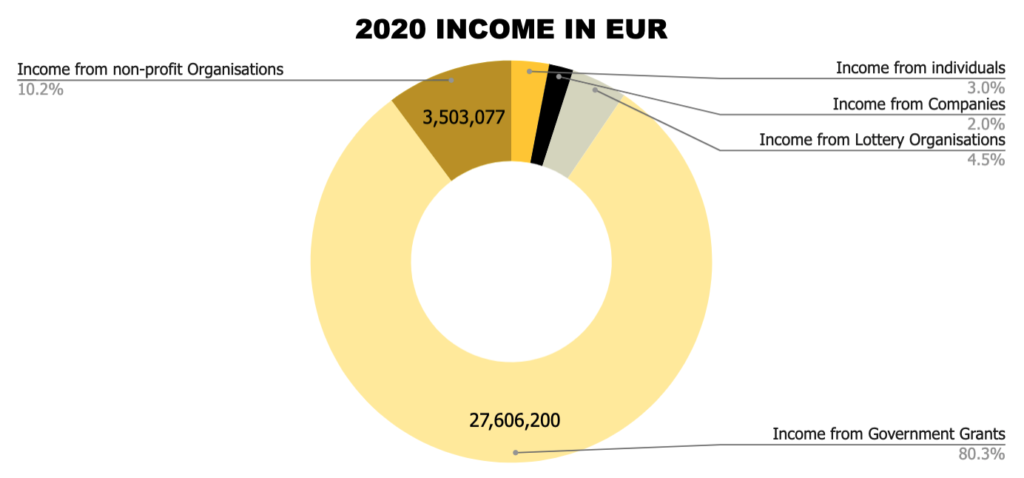
A number of big donor contracts came to an end in 2020, and new contracts were signed. These multi-annual contracts are the financial backbone for Solidaridad Network.
In 2020 the income and expenditures of Solidaridad in Europe (the Netherlands and Germany) were in line with the planned budgets. While Covid-19 has delayed some of the programmes and the related expenditures, the total expenditures on structural aid were higher than expected. Meanwhile, the costs for communication and income generation were lower. Solidaridad Netherlands has sold its shares in AgroFair BV, a tropical fruit company producing and importing fairtrade organic fruit that has been established by Solidaridad in 1996. We sold our shares to the fruit producers themselves. We also sold our shares in STIP BV, a Seafood Trade Intelligence Portal set up by Solidaridad to increase the transparency in the global aquaculture supply chains. Together with Lendahand and 2 other organisations we invested in PlusPlus (AgriCrowd BV).
The total actual income of Solidaridad in Europe in 2020 was 34,479,121 euros. The expenditures amounted to 35,261,810 euros. The interest and income generated from investments were positive at 841,229 euros. This has resulted in a final surplus of 58,540 euros in 2020.
Solidaridad has designated a continuity reserve. Guidelines by the Dutch Association of Fundraising Organizations (Goede Doelen Nederland) require a reserve which is between 1.0 and 1.5 times the annual costs of maintaining the operational structure. The continuity reserve on 31 December 2020 was 6,810,053 euros, which is 1.3 times the annual costs of maintaining the operational structure.
The costs of income generation in 2020 were 735,859 euros, which is 2.1 percent of the total income of 34,479,121 euros.
Of the total expenditures of 35,261,810 euros 95.7 percent was spent on structural aid, 2.1 percent on income generation, 1.7 percent on communication and information and 0.6 percent on management and administration.
The full annual accounts have been drawn up in accordance with the Guideline for Fundraising Institutions (Richtlijn Fondsenwervende instellingen: RJ 650), which is part of the accounting standards produced by the Dutch Accounting Standards Board (Raad voor de Jaarverslaggeving).

